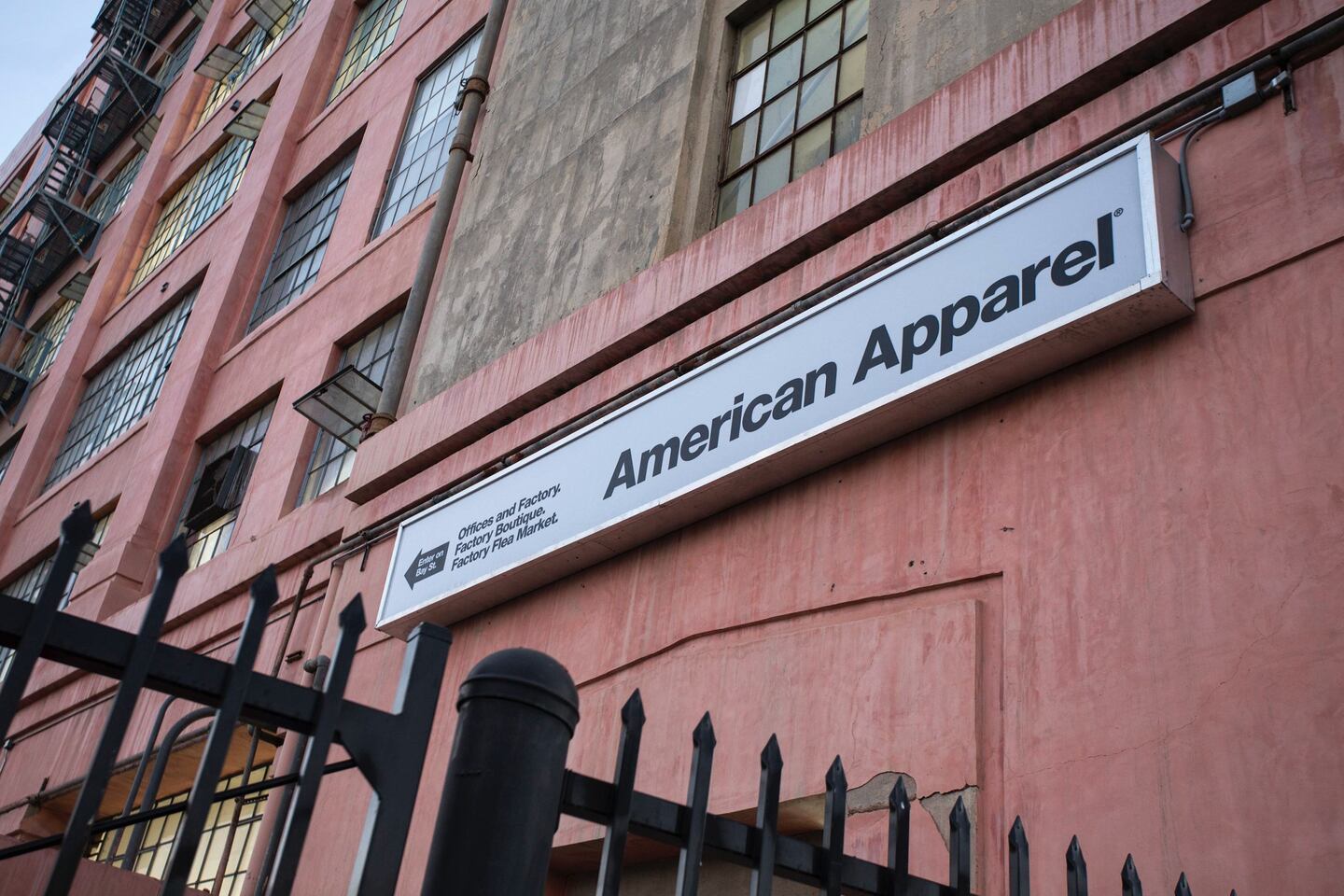
The Business of Fashion
Agenda-setting intelligence, analysis and advice for the global fashion community.

Agenda-setting intelligence, analysis and advice for the global fashion community.

LOS ANGELES, United States — American Apparel Inc. said it may not be able to sustain operations as a going concern for the next 12 months, even after the clothing chain increased its credit line.
A group of lenders, including hedge fund Standard General, replaced its $50 million credit facility with a larger $90 million one, the Los Angeles-based retailer said on Monday. The company said last week that Standard General intended to take this step.
The clothing maker has been in turmoil since it suspended and then fired founder and Chief Executive Officer Dov Charney for alleged misconduct. Charney, who was replaced as CEO by Paula Schneider, has sued over his ouster and said the allegations against him are baseless.
The retailer also on Monday confirmed second-quarter results that it reported on a preliminary basis last week. Sales sank 17 percent to $134.4 million, and the net loss expanded to $19.4 million from $16.2 million.
ADVERTISEMENT
As of Aug. 11, the chain had $11.2 million in cash. It has a bond-interest payment of about $13.9 million due on Oct. 15.
As a result of its dwindling cash, the company said in a filing that it may have to raise more capital, restructure its debt or seek bankruptcy protection from creditors.
The company declined to comment beyond the filing.
The shares were little changed at 15 cents in late trading in New York after falling 85 percent this year through Monday’s close.
By Matt Townsend; editors: Nick Turner, Kevin Orland, Reed Stevenson.
The British musician will collaborate with the Swiss brand on a collection of training apparel, and will serve as the face of their first collection to be released in August.
Designer brands including Gucci and Anya Hindmarch have been left millions of pounds out of pocket and some customers will not get refunds after the online fashion site collapsed owing more than £210m last month.
Antitrust enforcers said Tapestry’s acquisition of Capri would raise prices on handbags and accessories in the affordable luxury sector, harming consumers.
As a push to maximise sales of its popular Samba model starts to weigh on its desirability, the German sportswear giant is betting on other retro sneaker styles to tap surging demand for the 1980s ‘Terrace’ look. But fashion cycles come and go, cautions Andrea Felsted.